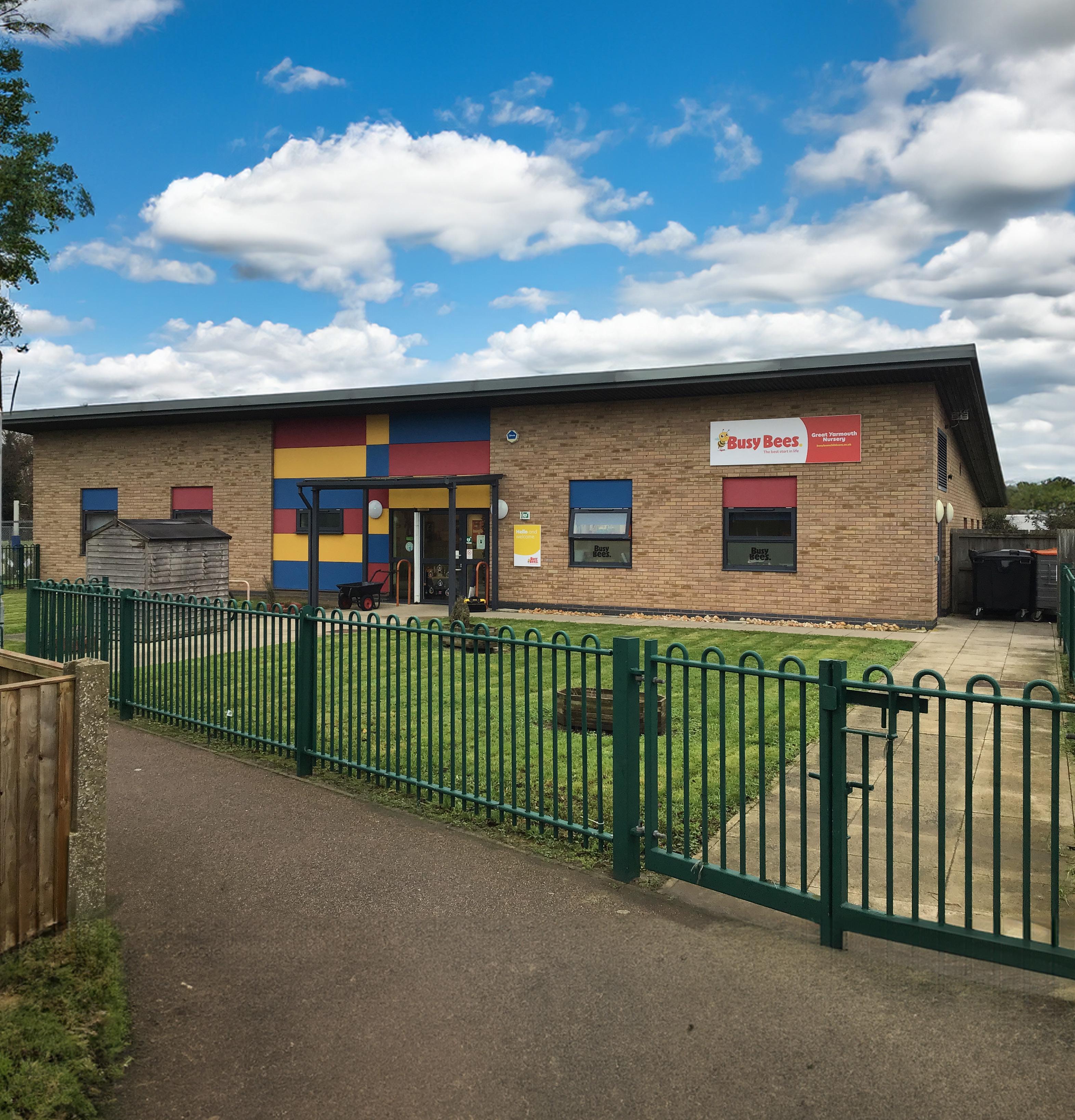
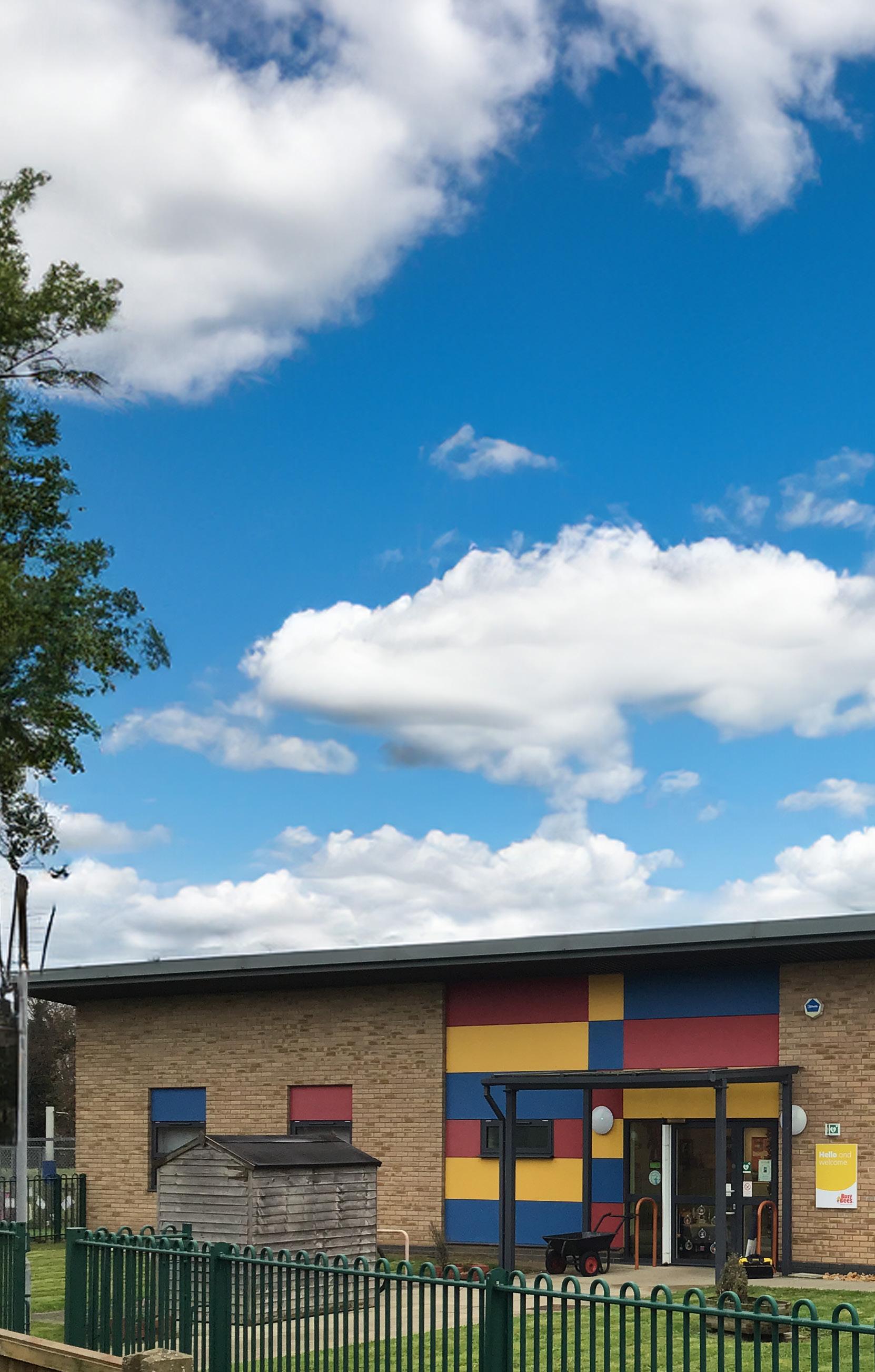



Norse Group team were commissioned by Castons Consulting Limited to undertake decarbonisation appraisals for 9 commercial buildings and residential accommodation across the James Paget University Hospital site.
In doing so, the work identified:
• The existing condition of the external fabric and key mechanical and electrical services.
• The proposed decarbonisation solutions and key challenges for heating services once the main existing hospital building is demolished.
• The carbon, energy and cost impact of the proposed decarbonisation solutions.
• The investment costs required to undertake the work – the scope of work was identified by Norse Group’s Consulting team and costing was undertaken by Castons Consulting Limited.
The 9 commercial buildings and residential accommodation currently account for 20% of the fossil fuel and 34% of the electricity of the JPUH estate.
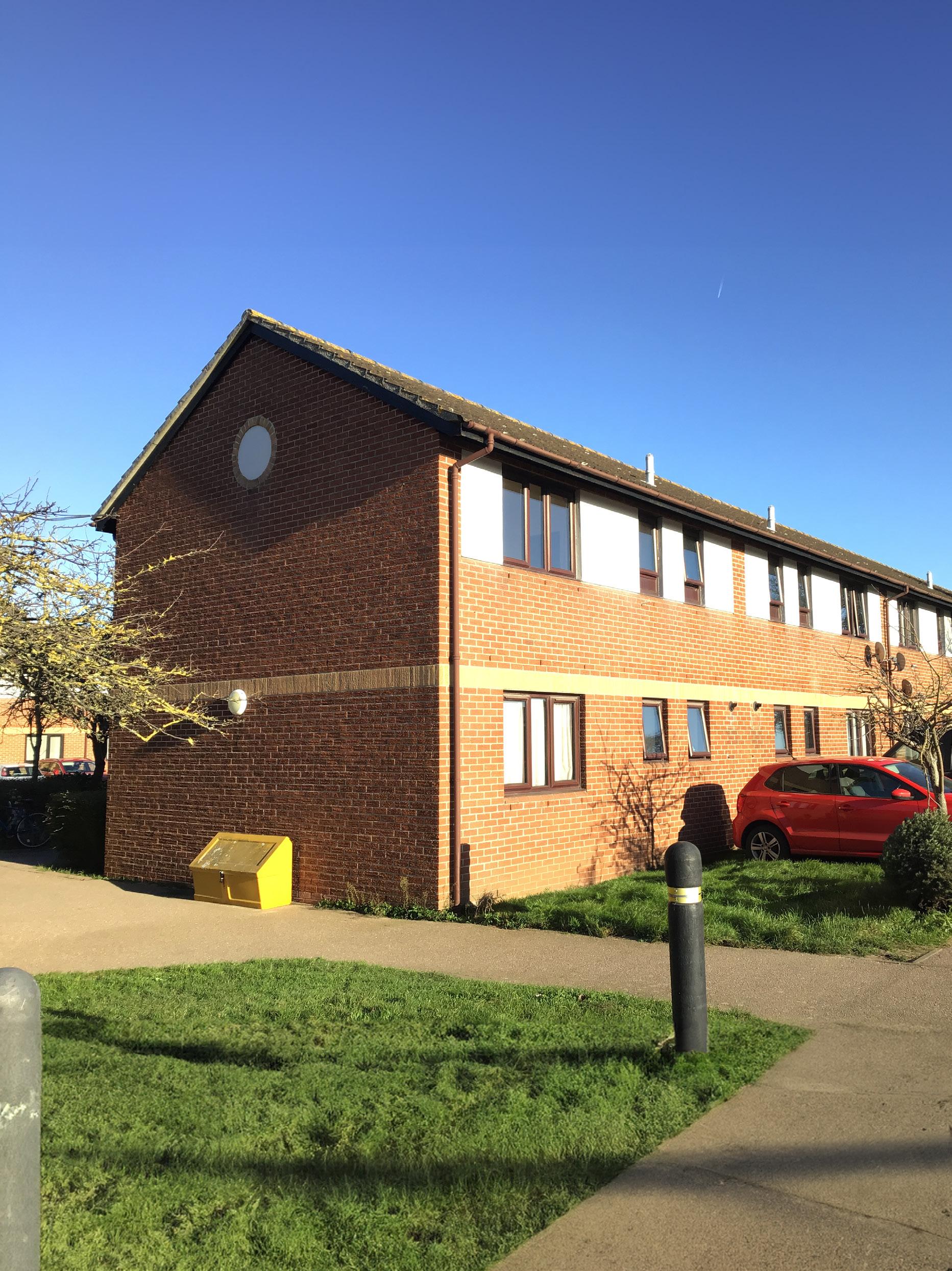
The James Paget University Hospital (JPUH) proposed redevelopment is at Outline Business Case Stage and the Trust wished to understand the existing performance and impact of a number of peripheral buildings associated with the site to inform its strategic decisions as to whether they would be retained or otherwise.
In this context, JPUH needed to understand the investment required to upgrade and / or decarbonise the buildings and the carbon impact of those upgrades on the hospital site and in accordance with the wider NHS Net Zero Buildings Strategy.
Norse Group has previously undertaken feasibility / suitability and master-planning commissions for the James Paget University Hospital. It was because of these previous successful projects and relationships that their Consulting team were invited to bid and secure the commission.
The decarbonisation appraisal reports for each building highlighted the likely planning constraints and requirements for the solutions identified for example, the deployment of air source or ground source heat pumps.
All survey work was undertaken within an existing live working hospital, children’s nursery and residential accommodation environment requiring careful planning to ensure that no disruption to staff and patients took place and confidentiality was always maintained.
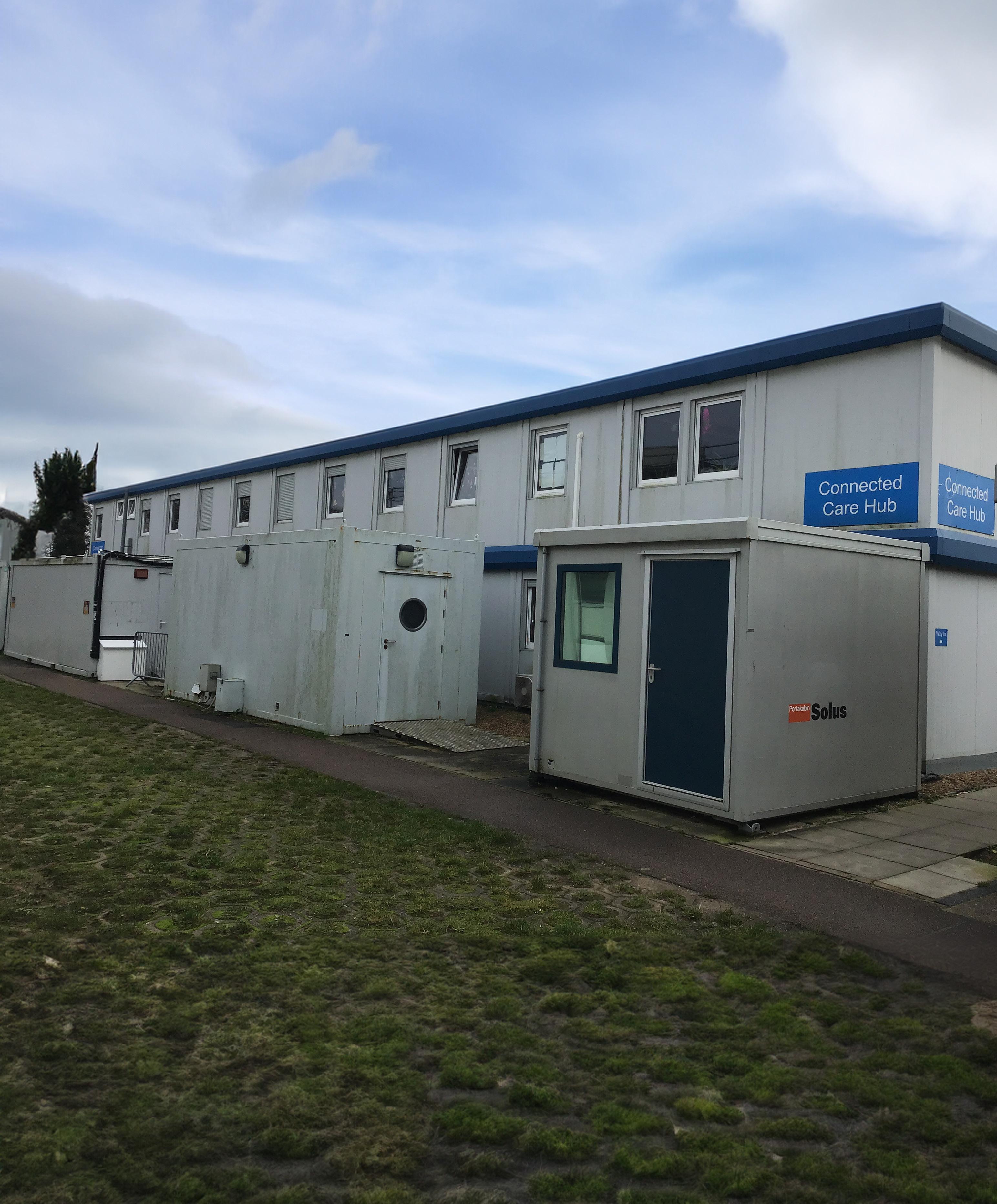

The project required close and efficient working with Castons Consulting who were responsible for costing Norse Group’s proposed solutions. There was early engagement so both parties understood each other’s needs and ways of working to bring the project to a successful conclusion.
A key challenge for the outputs of the work was to understand the existing heating and electrical infrastructure for the hospital site and their constraints on the proposed solutions.
From the outset we deployed a standard decarbonisation request for information process which enabled the end client (JPUH) to understand what information we required and were able to provide this is a timely and logical manner. Any gaps in information were regularly discussed and methodology agreed through regular communication to provide estimates where required.
The agreed value of the project was £49,958 and was delivered in accordance with that budget.
We provided Castons and the end client a programme for the delivery of each of the building appraisals and a summary report who were regularly updated with progress.
Given the very technical nature of the output we agreed within the budget to provide a feedback presentation to Castons and the end client identifying the key outputs and their impact on the JPUH hospital site.

Our decarbonisation approach was holistic, taking into account reductions from fabric improvements, decarbonising heat and improving efficiency to reduce operational costs. The proposed solutions typically consisted of replacing the existing local gas boiler plant or heating main from the central gas boilers by deploying fabric improvements [where deemed economically and technically feasible] heat pumps, lighting upgrades and solar generation and improving controls. We also investigated the costs of connecting relevant buildings to a proposed geothermal heat network which the hospital had previously undertaken a feasibility for.
From deploying these solutions, we estimated that the fossil fuel gas for the sites would fall to virtually zero (allowing for a hybrid system at one of the sites with modern boilers). Total energy consumption would fall by 67%, total emissions would fall by 62% and energy costs would fall by 40%.
The investment required to achieve these results is estimated to be ~£20.7M.

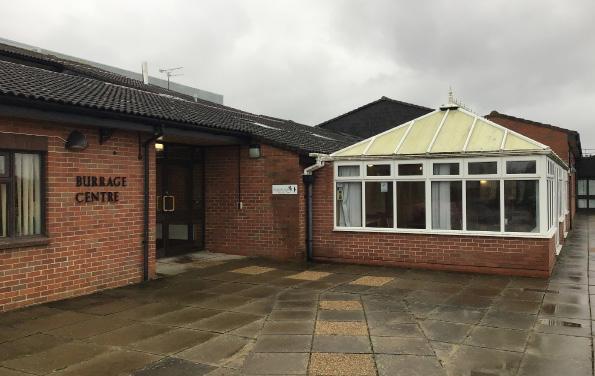
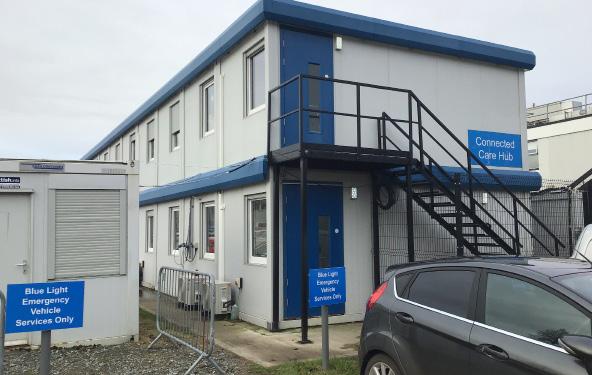
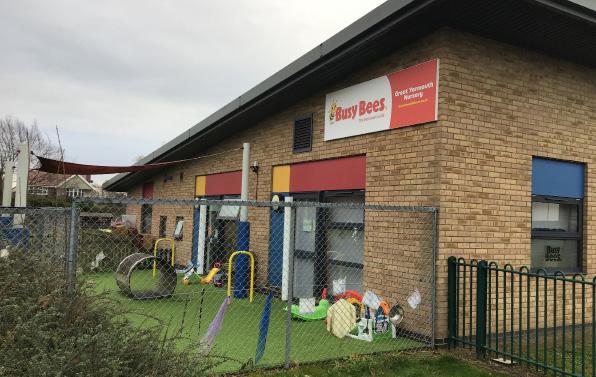
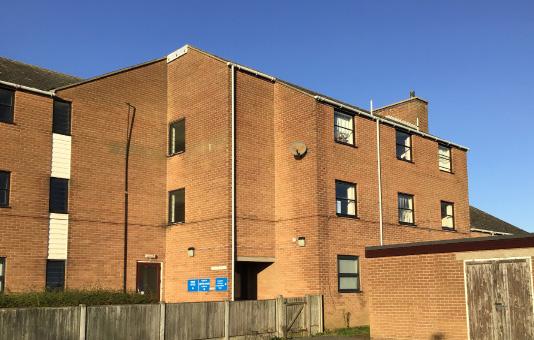
Contact
E:
